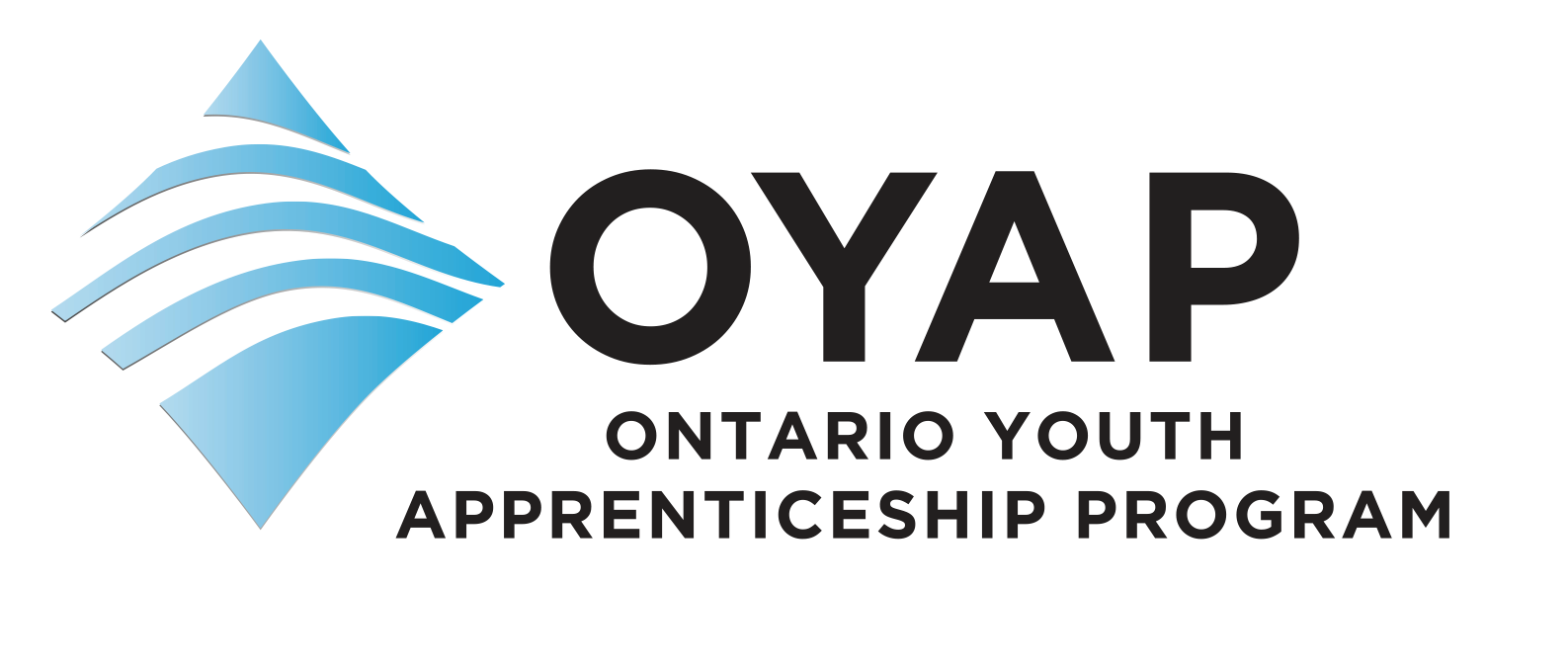Co-operative Education
![]()
What is Cooperative Education for High School Students?
The Cooperative education (Co-op) program provides Grade 11 and 12 students with the opportunity to earn High School credits through the completion of a semester-long unpaid work placement.
Co-op programs are designed to meet your individual career goals, strengths, interests, and learning styles, preparing you with the knowledge, skills, and workplace experience needed to be successful in the future.
The Co-op Education Program Includes:
- A work placement
- A Co-op teacher supervisor
- A related High School course
Cooperative Education programs combine a placement component, which consists of a full-semester, half-day work placement in the community, with a classroom component. Liability insurance and Workplace Safety and Insurance Board coverage is in place for all Cooperative Education students. The classroom component is based on pre-placement sessions prior to attending a placement in the community, and reflective sessions (called Integration sessions) throughout the semester. The pre-placement sessions will include health and safety training, a review of career opportunities and labour market trends, issues related to confidentiality, work ethic, Employment Standards Act, the role of unions, etc. The placement component relies on a “Personalized Placement Learning Plan” to outline the practical application of the related course at a placement in the community. Co-op hours cannot be counted towards the 40 hour Community Service graduation requirement. Additional student accident coverage is encouraged for all Co-op students.
What are the Benefits of the Co-op Program for Students?
Through Co-op you will have the opportunity to:
- Pursue a work placement in a field of interest
- Use knowledge and skills from your classroom in the workplace
- Earn high school credits through work experience
- Try out different career options
- Earn valuable work experience for your resume
- Make connections with employers
- Learn new practical skills
- Build your resume for university/college applications
Co-op Attendance
All Co-operative Education students are responsible for attending their placement on a daily basis. In the event of illness, the student must notify both the placement supervisor and the school attendance secretary. The school must receive written parental authorization for the day(s) absent. Failure to notify both the school and the employer will result in truancy.
Co-op Transportation
It is the responsibility of students to make their own transportation arrangements to and from their co-op placement.
Co-op Dress Code
When attending a co-op placement, a student should dress according to the employer’s policy. A specific uniform may be required. If the employer does not have a dress code, the student must be in complete Notre Dame uniform
What is the Ontario Youth Apprenticeship Program (OYAP)?
- The Ontario Youth Apprenticeship Program (OYAP) is a School to Work program that opens the door for students to explore and work in apprenticeship occupations starting in Grade 11 or Grade 12 through the Cooperative Education program. Students have an opportunity to become registered apprentices and work towards becoming certified journey-persons in a skilled trade while completing the requirements for their Ontario Secondary School Diploma (OSSD).
For more information on OYAP programs, please visit: https://www.oyappajo.com/oyap/

